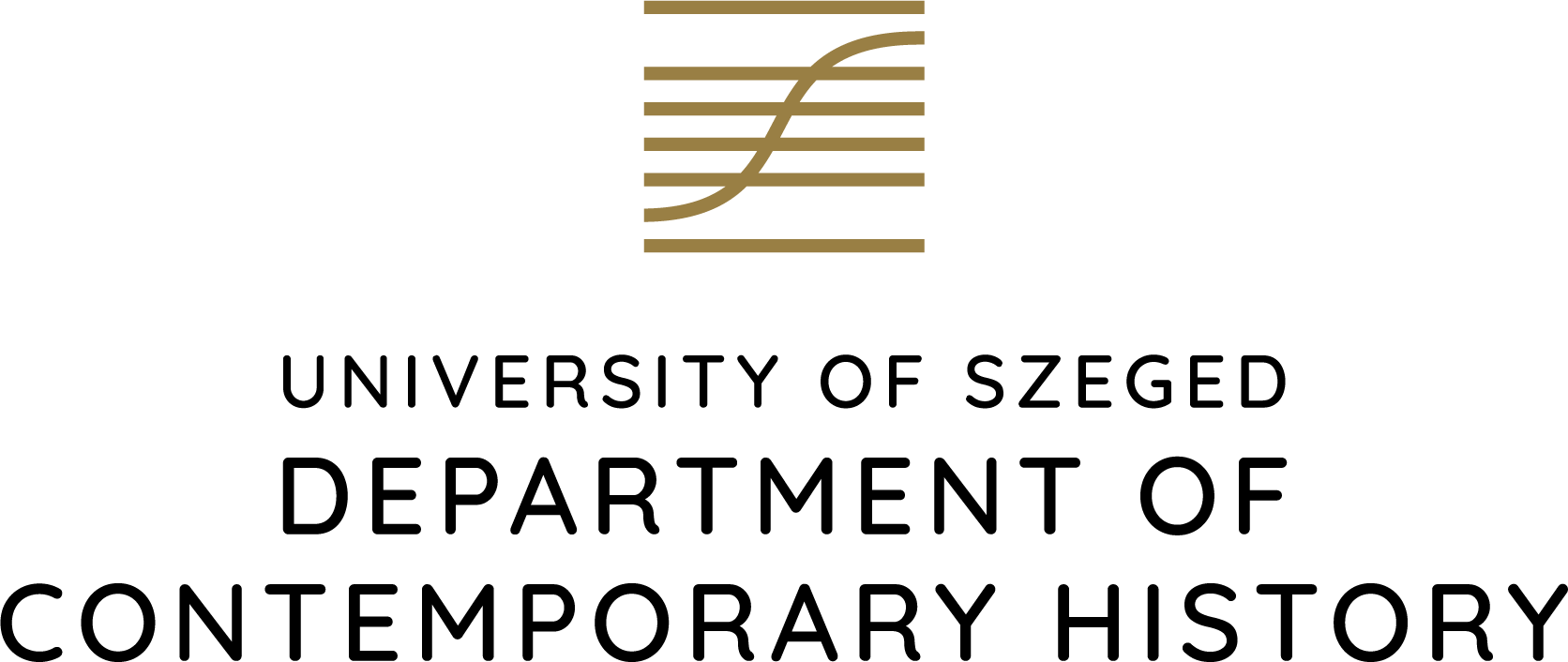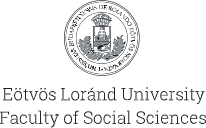
Dr. Katalin Baráth
Postdoctoral research fellow
Fields of interest: historiography, social history, literary fiction.
E-mail: sztojkovicspikszi@gmail.com
Phone: +36 1 372 2500/6874
Office: ELTE TáTK, 1117 Budapest, Pázmány Péter sétány 1/A, room 7.23
Born in Zenta (Serbia).
Research areas: historiography, social history.
Spent a decade in the advertising industry as a copywriter.
Actively works also in the field of literary fiction (novels, short stories, screenplays, etc.), preferring historical topics.
Contact:
https://www.facebook.com/barathkatalinkonyvek/
https://moly.hu/alkotok/barath-katalin
http://afeketezongora.blogspot.com/
Education
M.A.: 2003, Eötvös Loránd University, Budapest (Hungarian Language and Literature; History)
PhD: 2013, Eötvös Loránd University, Budapest (Doctoral School of History, Economic and Social History Doctoral Programme)
Research areas
historiography, social history
Scholarships
Hungarian ‘Eötvös’ State Scholarship (2014)
Hungarian National Cultural Fund (2016)
Employment
2003-2010
Sylva Advertising Agency (copywriter)
2010-2013
Rebel Rouse Advertising Agency (senior creative)
2015
Well Advertising Agency (senior copywriter)
Other informations
Has an extensive oeuvre as a fiction writer with award-winning dramas and screenplays. Her novels are regularly reviewed in the Hungarian media.
Historiography:
primarily the interplay between historiography and literature, both in terms of methods and themes.
Social history:
everyday lives of the lesser researched social groups, in particular the peasantry and the women of the Bačka region (now Serbia).
Scholarships:
Hungarian ‘Eötvös’ State Scholarship (2014)
Hungarian National Cultural Fund (2016)
Selected publications
Szórakozik a tömeg. Fejezetek a modern populáris kultúra magyarországi kezdeteiből. Pécs: Kronosz Kiadó, 2023.
A magyar futball útilevél-irodalma és a globális identitás problémája (1911–1939). Korall, 85. sz. (2021) 47–71.
A történetírás terhe. A magyar historiográfia rendhagyó története. Budapest: Kijárat Kiadó, 2021.
“Gegenpressing”. Az első stadionépítési láz részvénytársaságai: FTC és MTK (1908–1943). Korall, 81. sz. (2020) 100–137.
Nép, nemzet, futball. Az „angol játék” globalizációjának kezdetei. Századok, 154. évf. (2020) 6. sz. 1207–1233.
„Higgyék el nekem, nem a tapsaikra vágyom”: Jelenetek Andics Erzsébet életútjából. In: Szilágyi Adrienn (szerk.): Hét társulati elnök. Budapest: Magyar Történelmi Társulat, MTA Bölcsészettudományi Kutatóközpont Történettudományi Intézet, 2018. 175–206.
Súlyosbító körülmények. Női vádlottak az első világháború hátországi büntetőbírósága előtt. Korall, 71. sz. (2018) 69–86.
„Pedig a történet egy és oszthatatlan”. Identitásválság és rituális önmeghatározás: a Történelmi Társulat centenáriumi ünnepsége (1967). Aetas, 31. évf. (2016) 4. sz. 98–114.
A nyelv figuráskertje. Budapesti Könyvszemle (BUKSZ), 14. évf. (2002) 2. sz. 156–167.



